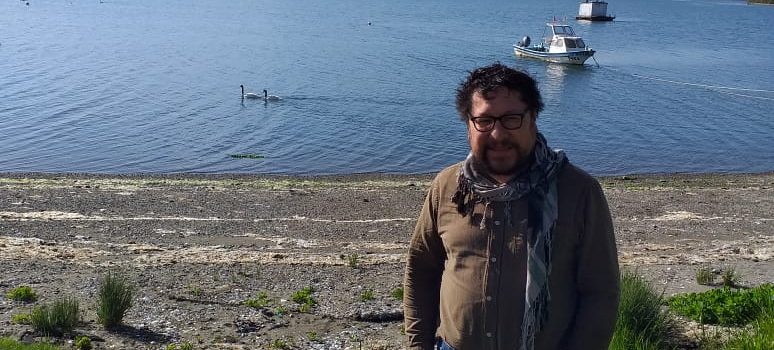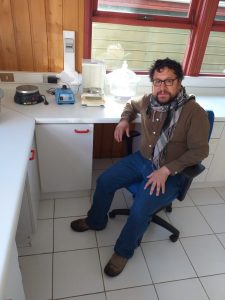Aquaculture environmental performance study in Chile and its effect on ecosystems site
November 27th, 2019On November 22, at Universidad de los Lagos, Puerto Montt campus, the XIII seminar science technology and aquatic environments will be held, organized by the I ~ Mar center. In the activity, Dr. Heraldo Contreras of Fisheries Development Institute (IFOP) will make a presentation of ASIPA Project “ENVIRONMENTAL PERFORMANCE OF AQUACULTURE IN CHILE AND ITS EFFECT ON THE PLACEMENT ECOSYSTEMS STUDY “.
Dr. Contreras explained “the conclusions obtained during the last 5 years of this study will be shown, and the results associated with the environmental quality of sedimentary funds are presented both in their physical and chemical characteristics and in the macrofauna communities. Also, results will be exhibited to validate the use of bioecological indicators to assess organic enrichment in sedimentary funds associated with aquaculture. Organic enrichment is understood as the environmental alteration produced by the pouring of large quantities of organic matter particles into marine sediments resulting from anthropic action. Finally, results of the advances obtained in the modeling of the benthic ecosystem associated with aquaculture will be presented, this in order to understand and predict the benthic effects of aquaculture activities ”.
Dr. Heraldo Contreras Cifuentes is a Marine Biologist and a Doctor of Science, Systematic Mention and Ecology. He currently serves as Senior Researcher and Chief of the Technological Center for Aquaculture of Putemún (Castro) of IFOP Aquaculture Department of Environment Research Division .
His research interests have been focused on ecology of sedimentary fund communities, including aspects of their natural history, population dynamics, effects of environmental impact, etc. During the last years 2008-2019, he has participated in studies aimed at assessing the environmental changes associated with aquaculture activities, mainly focused on the communities associated with sedimentary funds. In this area, he has developed research aimed at the use of bio-ecological indices for the evaluation of the environmental performance of aquaculture, participating as an exhibitor in various workshops and seminars. As of 2014, he participates in the Technical Scientific Committee of Aquaculture in the environmental field of Fisheries and Aquaculture Undersecretariat .

